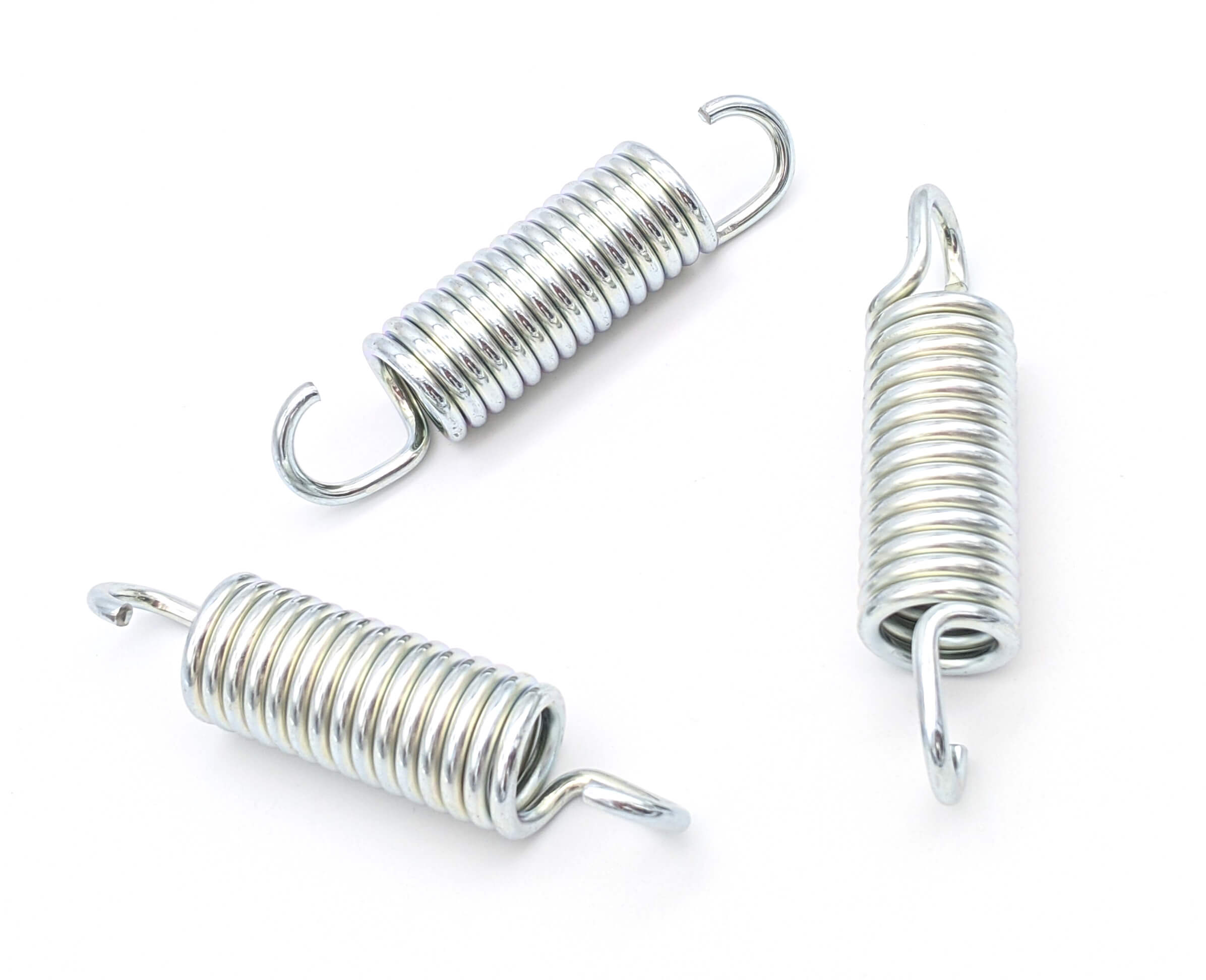Get unique, complex parts easily. No matter your requirements, Chaoyi Spring creates hard-to-produce coil springs and wire forms.
Let us help you create the custom wire form you need, from S-hooks and J-hooks to utility hooks and more.
We work closely with customers across a wide range of industries, helping them design and manufacture made-to-order parts.
Why choose Chaoyi Spring? We prioritize customer-focused collaboration, modern equipment and the latest technology to make your parts per print.
Find the information and guidance you need, from measuring a spring to learning about materials, placing an order and much more.
Imagine this: you're rushing out to work, the morning sun is just breaking over the horizon, and you need to get your car out of the garage. You grab the


Imagine this: you're rushing out to work, the morning sun is just breaking over the horizon, and you need to get your car out of the garage. You grab the garage door opener, but instead of smoothly gliding up, the door groans and jerks, struggling to open. You're left with a nagging feeling that something's wrong. That, my friend, could be a sign that your torsion garage springs need some attention. These often overlooked components play a crucial role in the smooth operation of your garage door, providing the power and balance to lift and lower your heavy door with ease. Let's dive into the world of torsion garage springs and discover why they deserve a little more appreciation.

Torsion springs, those tightly coiled metal springs housed above your garage door, are the unsung heroes of your garage system. They're the driving force behind the effortless operation of your garage door. Without them, lifting and lowering your door would be a Herculean task, potentially leading to injury and frustration.
Here's how they work: when you press the button on your garage door opener, the torsion spring is unwound, creating tension that lifts the door. As the door moves upward, the spring gradually winds up, storing potential energy. This stored energy is then released when you close the door, allowing it to gently lower into place.
Not all torsion springs are created equal. There are two primary types:
Torsion springs are generally preferred over extension springs due to their increased durability and safety. They provide a more consistent lift and can handle heavier doors.
The importance of properly functioning torsion springs extends far beyond convenience. They're essential for the safety of your family and property. A malfunctioning torsion spring can lead to a number of issues, including:
It's wise to be aware of the warning signs that your torsion springs may be nearing the end of their lifespan. Some of the most common indicators include:
While torsion springs are durable, they do require some maintenance to ensure optimal performance and longevity. Here are some key tips:
When it's time to replace your torsion springs, it's crucial to choose the correct ones for your garage door. Here are some factors to consider:
To ensure you get the right springs for your garage door, it's always best to consult with a professional who can provide expert advice and installation.
Don't underestimate the importance of your torsion garage springs. They're the heart of your garage door system, providing the power and safety that we often take for granted. By understanding their role, recognizing signs of trouble, and performing regular maintenance, you can ensure that your garage door operates smoothly and safely for years to come.
So next time you're in your garage, take a moment to appreciate those hardworking torsion springs! They might not be glamorous, but they're vital for the efficient and safe operation of your garage door.
Browse some of the custom wire forms and springs that we manufacture. Don’t see what you need? We specialize in made-to-order products that meet your application requirements.
Visit Our GalleryNeed a custom wire form or coil spring? We make it work. Fill out the contact form and a representative will respond within 1 business day. If you have a PDF or CAD file, you can submit to request a quote.